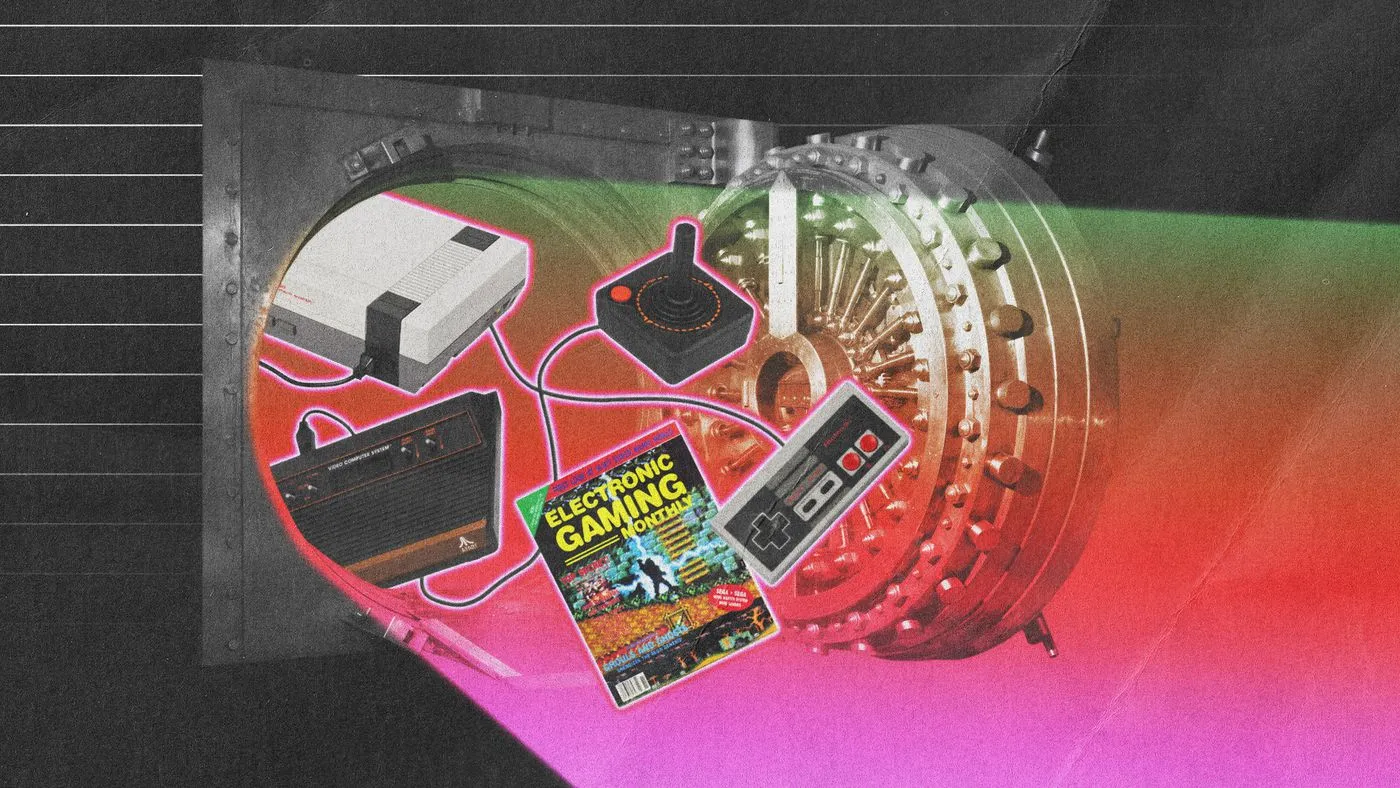Legal Setback for Video Game Preservationists in Remote Access Case

Legal Setback for Video Game Preservationists
Video game preservationists are up in arms after the US Copyright Office has denied their request for remote access to video games that are no longer commercially available. During the hearings, Kendra Albert represented various organizations arguing that the current lending model, which works for other media, should also apply to video games. However, the Copyright Office maintains that video games require special consideration due to market implications.
Arguments For and Against Remote Access
- Proponents argued that the vast majority of video games are never re-released and lending them for educational purposes should be permitted.
- Opponents, represented by the ESA, claimed this could lead to market harm and people exploiting access to play games for free.
The Copyright Office expressed skepticism about allowing off-premises access, asserting that it could harm the market for legacy titles and that preservation efforts must adhere to copyright laws.
What This Means for Game Studies
This ruling complicates access for scholars aiming to research video games that hold significant cultural value yet are no longer on sale. While the preservation exemption remains intact for in-person access, many in the field believe this decision reflects an inadequate understanding of digital media preservation.
Future Implications
The ruling suggests that video game preservationists will continue to face challenges in advocating for equitable access to cultural artifacts in gaming.
This article was prepared using information from open sources in accordance with the principles of Ethical Policy. The editorial team is not responsible for absolute accuracy, as it relies on data from the sources referenced.